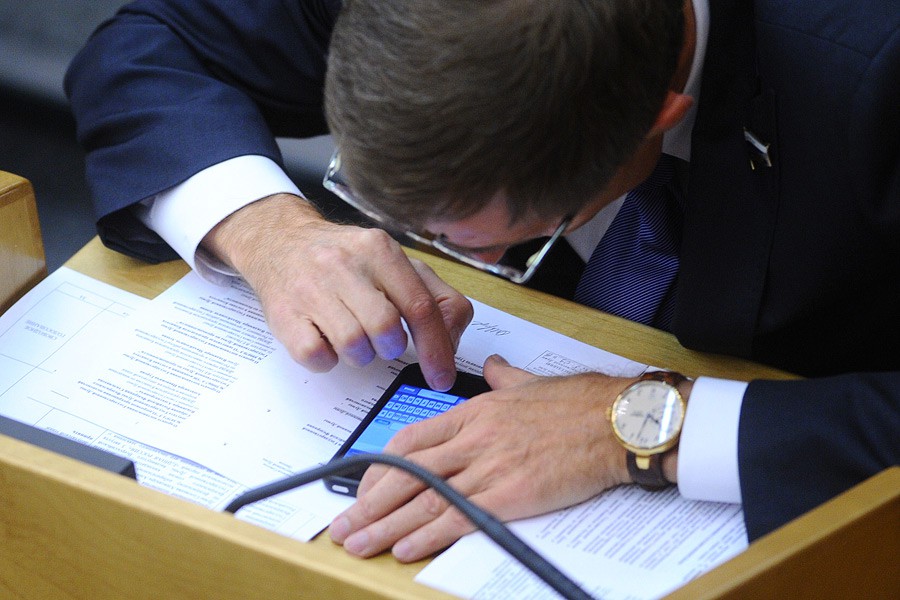State Duma deputies offered to introduce the identification of instant messenger users

Several State Duma deputies, representatives of United Russia and the Communist Party of the Russian Federation, introduced a bill proposing to introduce the identification of instant messenger users. The corresponding document has already been published in the database of the parliament, writes Republic. If the bill becomes law, it will come into force on January 1, 2018.
“The draft law defines the concept of the organizer of instant messaging and imposes on this subject the obligation to ensure the transfer of electronic messages only to those Internet users who are identified in the manner established by the Government of the Russian Federation,” the bill said in an explanatory note.
In addition, the authors of the bill clarify that the identification of network users should be carried out by the telecom operator using the subscriber number, which is in the identification contract concluded by the organizer of instant messaging with the telecom operator.
')
The messengers operators, according to the plan of the deputies, should provide the ability to limit the distribution of messages sent by unidentified users. In addition, operators should help the authorities to ensure the distribution of electronic messages.
If the messenger operator refuses to comply with the requirements of the law, then “access to information systems and (or) programs for electronic computers, the operation of which is provided by the organizer of instant messaging, is limited until the fulfillment of such requirements by the telecom operator providing services to provide access to the network” Internet ”, immediately.
On May 24, the State Duma introduced a bill on the need to introduce fines for refusing to comply with the above provisions. For citizens, the amount of the fine is 3-5 thousand rubles, for officials - 30-50 thousand rubles, legal entities - 800 thousand - 1 million rubles.
According to some officials, this document is generally supported by Roskomnadzor, but the technical execution of the initiative requires further work, since “the bill is very crude in terms of technical execution”. Source RBC believes that the document in the first reading can be adopted before the end of this session of the State Duma.
Source: https://habr.com/ru/post/356160/
All Articles